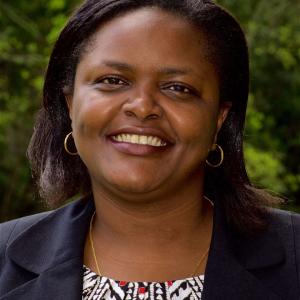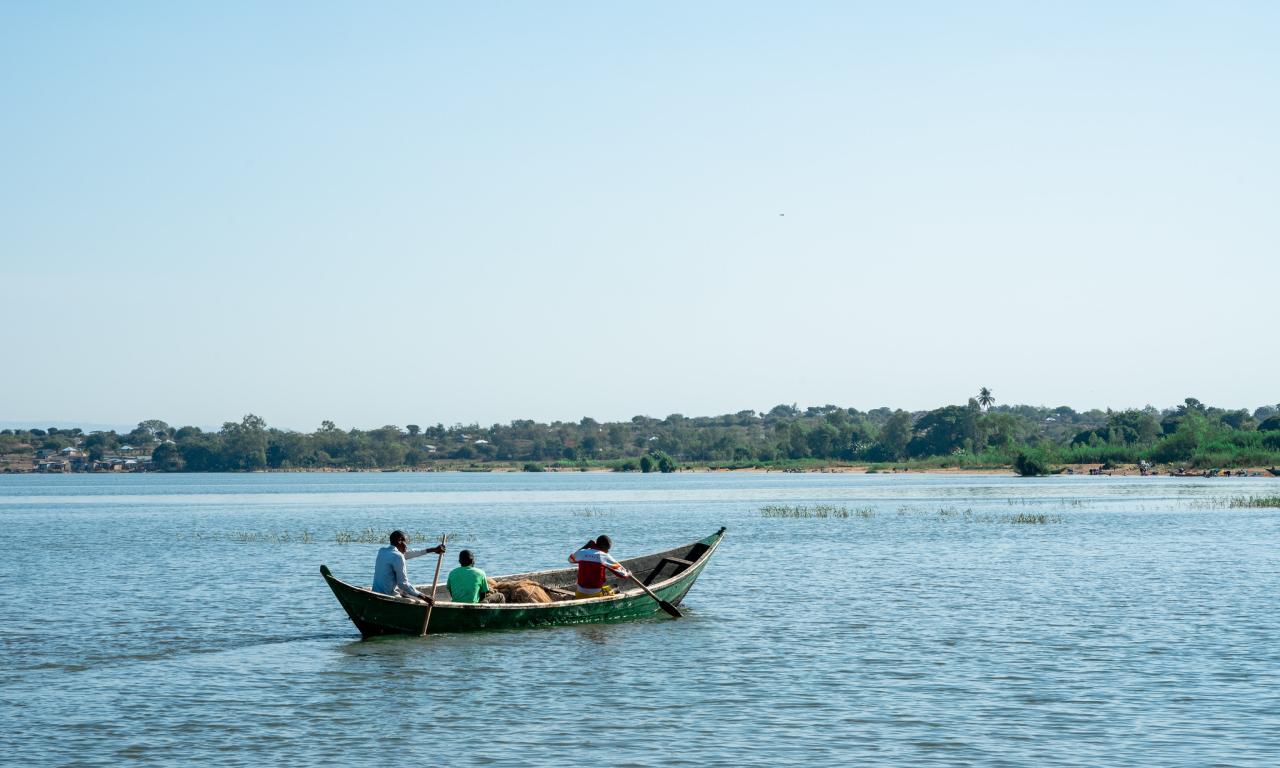
- Lake Victoria’s fisheries contribute enormously to community livelihoods in terms of food, nutrition and income. Understanding gender relations is crucial for shaping a gender-equal community.
- The Lake Victoria fisheries has undergone some of the most intense ecological disturbances ever seen in a big freshwater ecosystem, attributed to both climatic and non-climatic pressures. The meteorological data (1981-2022) demonstrated a significant upward trend for minimum and maximum temperatures and rainfall. The findings concur with the men and women’s perceptions of the noted data.
- The changes have caused a decline in fish stocks, destruction of infrastructure, conflicts, the occurrence of human diseases, and reduced incomes leading to increased poverty levels. High household’s vulnerability.
- Interventions to increase adaptation and resilience to climate change in the fisheries value chain: 10 women and youth self-help groups were able to acquire solar freezers, solar tent driers, fish smoking kilns and fish display boxes.
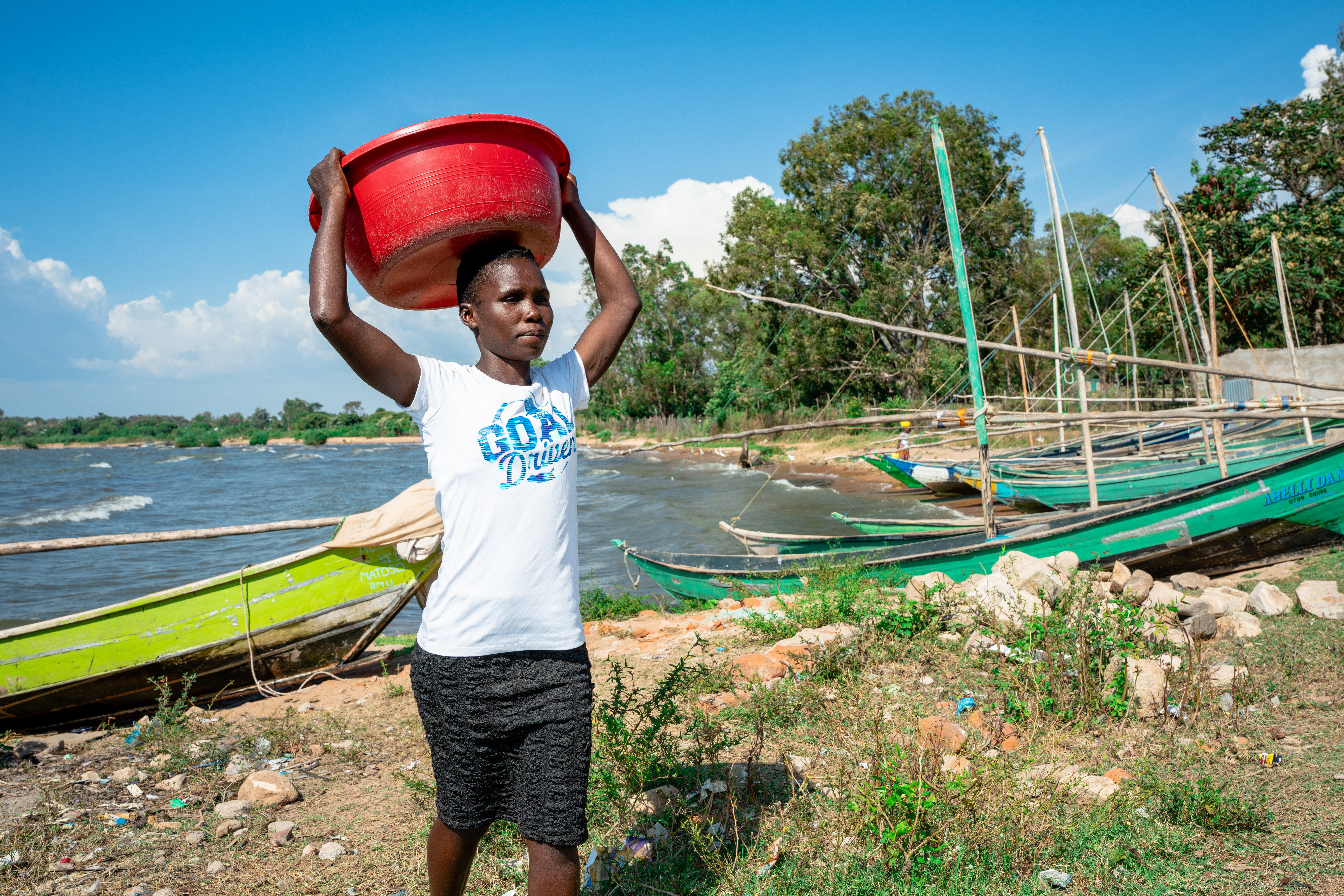
Lake Victoria, the world’s second-largest freshwater lake and the largest in the tropics, is bordered by Kenya, Tanzania and Uganda. While generally rural, the lake’s long shoreline is dotted with key cities and towns, including Bukoba, in Tanzania, Jinja in Uganda, and Homa Bay, Kisumu, and Migori in Kenya. This makes it a densely populated area with a large fisheries catchment area.
In Kenya’s Lake Victoria region, lake fisheries contribute enormously to livelihoods in terms of food, nutrition and income. However, the devastating effects of climate change are causing intense ecological disturbances across this large freshwater ecosystem.

Small-scale fishers and related supply chain actors who are highly dependent on lake resources for their livelihoods, are particularly susceptible to the impacts of climate change. Investigating how climatic variability and change can affect these communities—many of whom are also working wives, mothers, and youth—may help to identify and implement solutions for action to tackle climate change in the lake zone region.
The findings of a scoping study on the effects of climate change on fisheries communities in two riparian counties—Homa Bay and Migori—were presented at a multi-stakeholder workshop on the topic Climate change, gender and livelihoods among fisher communities in the Lake Victoria Zone Region in Kenya (https://hdl.handle.net/20.500.12348/5797).
“The workshop aims to review the impacts of climate change on livelihoods and identify priority actions for enhancing the resilience of the vulnerable fisher communities to climate change, including women and youth in Homa Bay and Migori.”
– Rahma Adam, Social and Economic Inclusion Impact Lead Scientist, WorldFish
Due to high poverty, Homa Bay and Migori are both hotspots of community vulnerability to climate change. Heavy rainfall, temperature variability and destruction of fish landing areas owing to floods or high tides not only increase air pollution and waterborne diseases but also decimate fish populations. These negative factors lead to low and inconsistent fish catches, tremendous postharvest losses and overall livelihood disruptions.
“This is why the government hopes the scoping study will provide sound recommendations on investment in Lake Victoria that will help achieve Kenya’s mission and vision.” Said Samson Kidera, Principal Secretary, State Department of Blue Economy, Ministry of Mining, Blue Economy and Maritime Affairs, Kenya.
The effects of climate change are not gender-neutral. Similarly, solutions for climate action must be closely linked to women’s and men’s roles and responsibilities, social norms, risk perceptions and access to lake resources. Understanding these roles and interactions is crucial for shaping a gender-equal community cognizant of the impacts on, and needs of, women, youth and people with disabilities amidst climate change.
“To recognize the substantial role of women in fisheries, microfinance approaches, which provides loans, saving and insurance should be pursued,” noted by Margaret Atieno Oswago, fish trader from Nyachebe, Mbita, Homabay county.
All agreed that adaptation and mitigation are key to achieving community and ecosystem resilience.
Recommendations
Recommendations from the workshop broadly fell under five clusters.
Under governance, the call was for improved lake border security and a robust legal and policy framework to support fisheries resource governance. This would pave the way for the economic and social empowerment of beach management units and ensure sustained community-level communication.
In technology and value addition, the focus is on deploying affordable climate-smart technologies and forging links with industry experts to innovate and improve practices.
Financing recommendations pointed towards addressing financial bottlenecks and promoting gender-inclusive microfinance approaches, ensuring that initiatives are adequately funded and accessible to all community members.
For education and awareness, facilitating access to information and knowledge on climate change was highlighted as a priority, equipping the community with the necessary tools to adapt to and mitigate the impacts of environmental changes.
Health considerations included improving health and hygiene for safety in food handling, underscoring the importance of well-being in sustaining the fisheries industry.
Each cluster represents a fundamental aspect of the overall strategy to build a resilient and prosperous Lake Victoria fishery community.
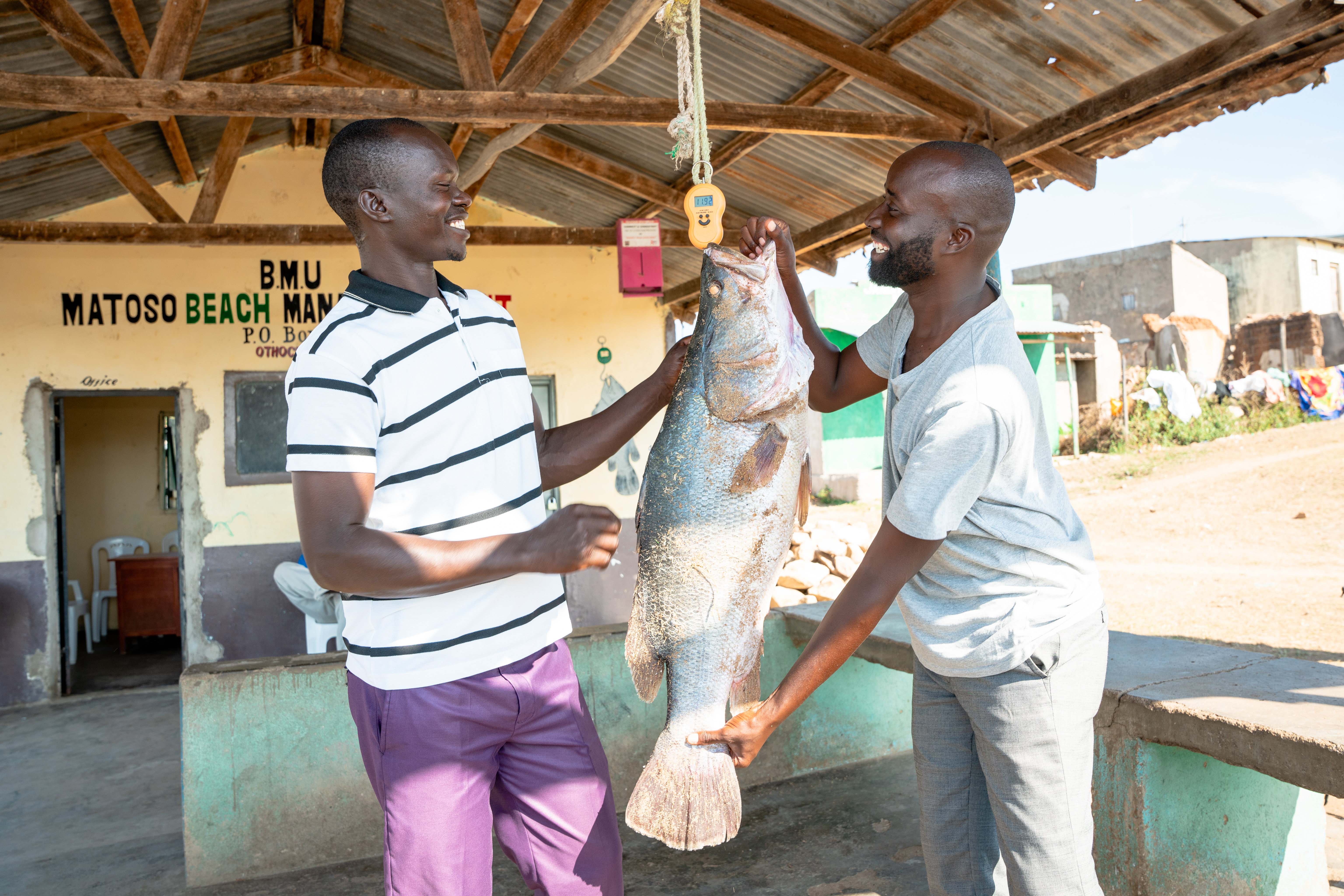
Most importantly, participants observed that to bridge the science–policy–practice gap in climate change and fisheries in the Lake Victoria Zone Region, multi-stakeholder partnerships and collaborations are crucial for mobilizing resources, and for assuring effective, coordinated and concerted collective action. No single agency working alone can achieve this.
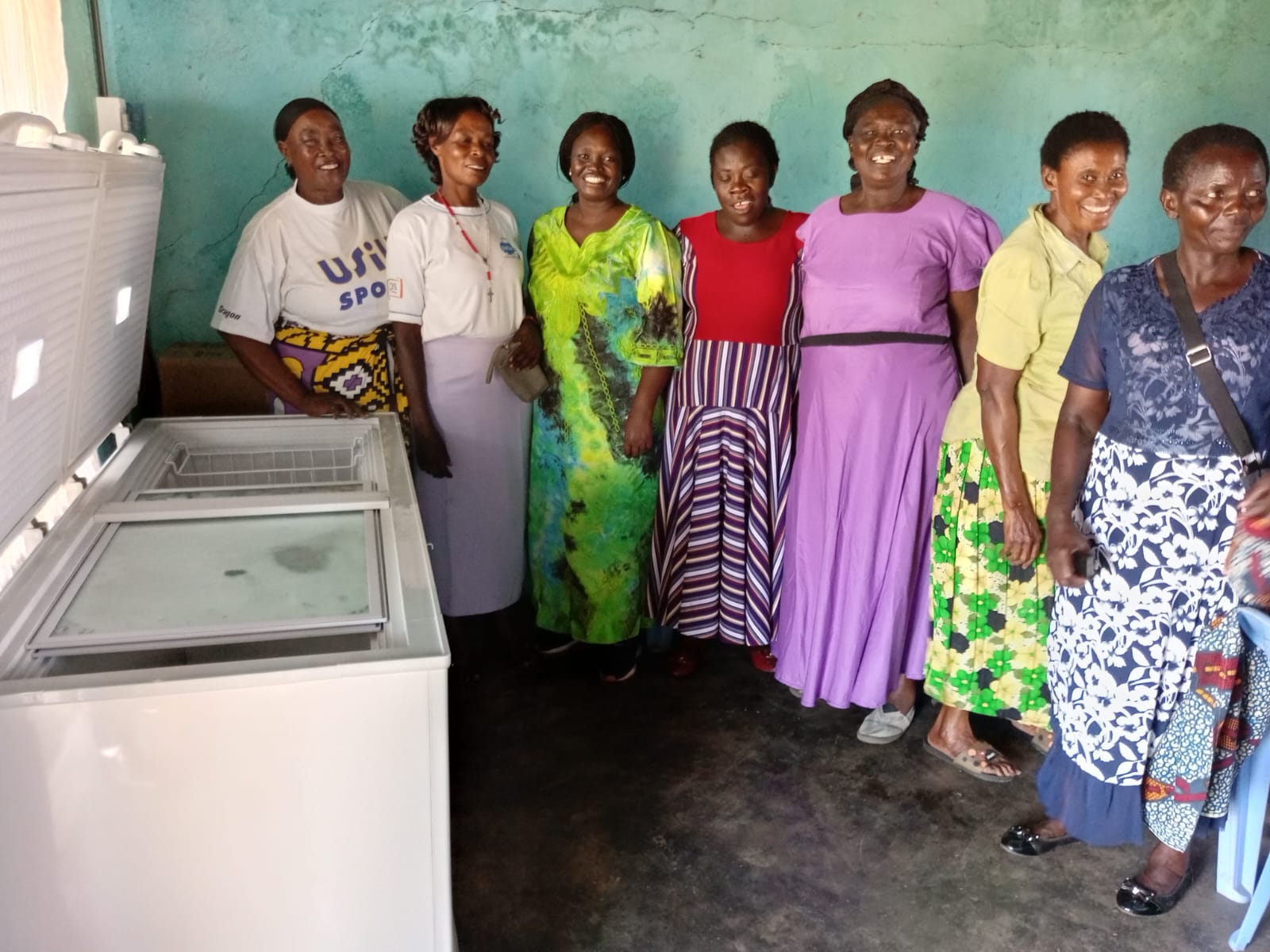
WorldFish and its partners thanked workshop participants for their expertise, engagement and contributions, which resulted in deep and meaningful deliberations in what was a very engaging and fruitful workshop. But it is acting on the recommendations that will translate inspiration into actual solutions for the benefit of fisher communities.
Take a look at some of the workshop action and field visits in this 10-minute video.
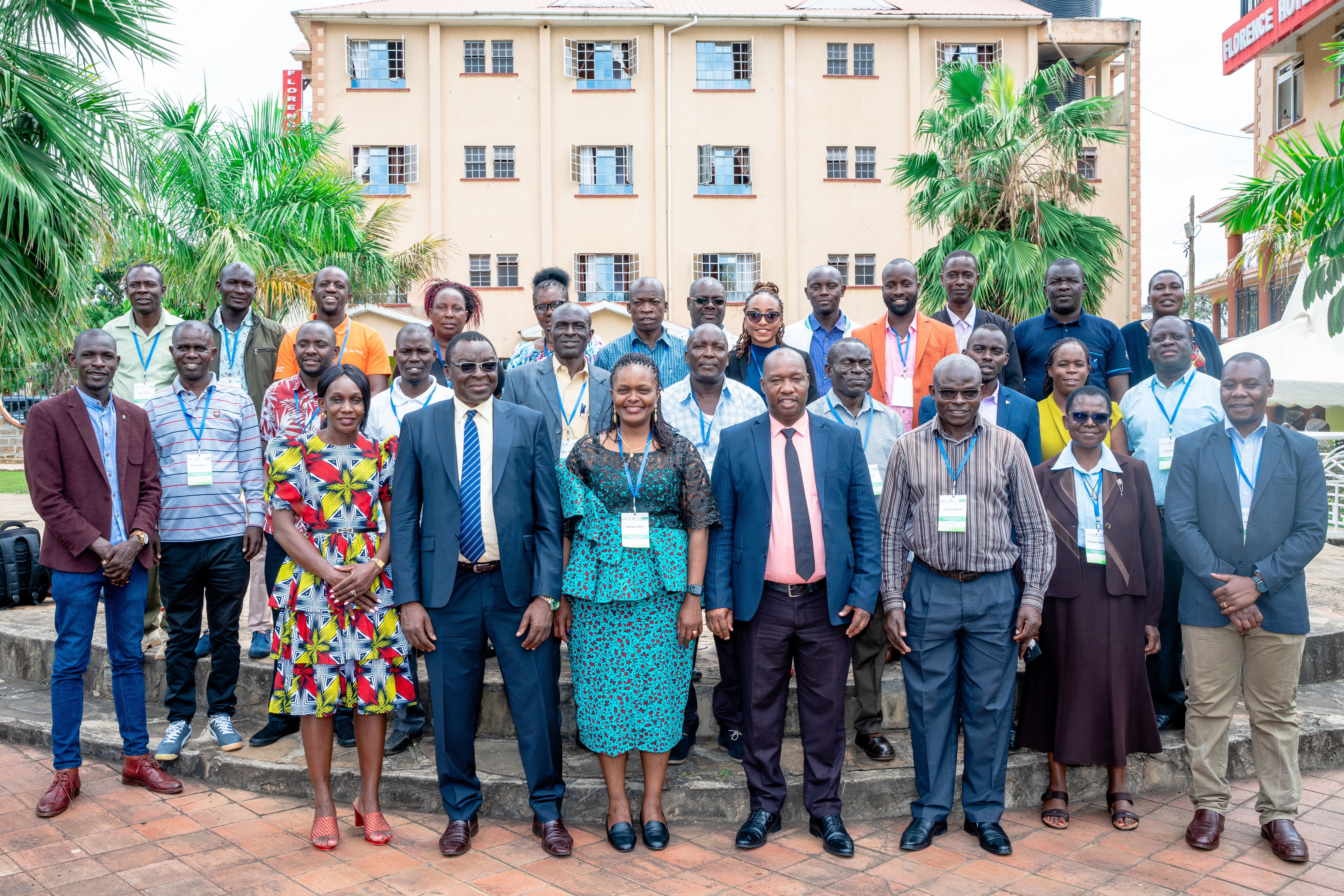
Place:
Homa Bay and Migori Counties; Kenya
Topics:
Aquatic Foods, Food Systems, Food Policy, Fisheries, Gender Equality, Small-scale Fisheries, Fisheries Resources, Freshwater Systems, Community Resilience, Climate Action, Climate Adaptation, Climate Mitigation, Livelihood, Food Security, Nutrition Security, Income Security, Biodiversity.
Acknowledgements:
This report is published by the Ukama Ustawi: Diversification for Resilient Agribusiness Ecosystems in East and Southern Africa (ESA) initiative, led by International Water Management Institute (IWMI), and other CGIAR institutions, including WorldFish. ESA is a multidisciplinary research for development research innovations that enhance the contribution of smallholder farmers, agribusiness men and women in reducing poverty, increasing foods and nutrition security, promote healthier diets and improving natural systems. In addition, we would like to thank the CGIAR initiative on Aquatic Foods for providing us with the platform to carry out this study. The initiative is led by WorldFish in partnership with the International Water Management Institute (IWMI), and other CGIAR institutions. The CGIAR initiative on Aquatic Foods is a multidisciplinary research for development program designed in collaboration with partners and stakeholders to develop and implement research innovations that enhance the contribution of small-scale fisheries and aquaculture to reducing poverty, increasing food and nutrition security, and improving natural resource systems. Furthermore, we would like to thank the CGIAR Gender Impact Platform for their funding support to continue working with the fisher communities in the Lake Victoria Zone Region. We are grateful for the support of CGIAR Trust Fund contributors: www.cgiar.org/funders.

